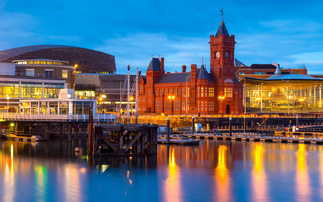The House of Lords is threatening to disrupt the government's energy policy proposals, and the Conservatives have only themselves to blame
Every functioning, or indeed half-functioning, democracy needs its checks and balances; its mechanisms for forcing a government to think again when it is pursuing strategies that are incoherent, unmandated,...
To continue reading this article...
Join BusinessGreen
In just a few clicks you can start your free BusinessGreen Lite membership for 12 months, providing you access to:
- Three complimentary articles per month covering the latest real-time news, analysis, and opinion from Europe’s leading source of information on the Green economy and business
- Receive important and breaking news stories via our daily news alert
- Our weekly newsletter with the best of the week’s green business news and analysis








